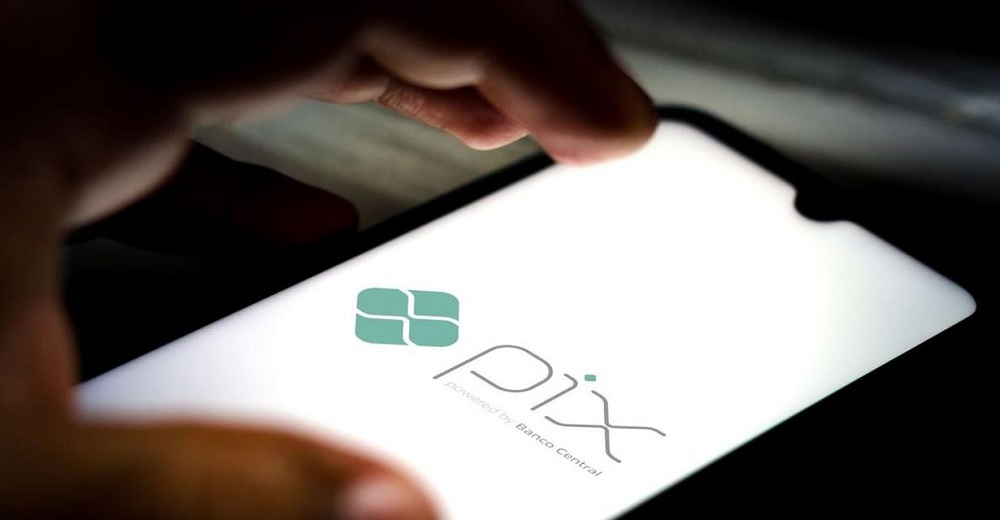RIO DE JANEIRO, BRAZIL – By October 4, financial institutions will be required to set a limit of R$1,000 (US$189) for transfers and payments made by individuals between 8 PM and 6 AM.
The starting date for restrictions was passed on Thursday, September 23, by the Central Bank (BC).
Companies will not be affected by the measure. The limit on transactions by indiidualshad been announced in August by the Central Bank to curb cases of kidnappings and robberies at night, after a request by financial institutions.

The R$1,000 limit for nighttime operations applies both to PIX, an instant payment system in operation for 10 months, and to other means of payment. Transfers through TED (Available Electronic Transfer), DOC (Credit Order Document), cash transfers, and purchases with debit cards must also comply with this limit.
Clients will be able to alter transaction limits through the financial institutions’ electronic service channels. However, the increases will be effective for at least 24 hours following the request, rather than granted instantly, as some banks do. This measure should also come into force by October 4.
Until that date, financial institutions must offer clients the option to pre-register accounts that may receive transfers above the established limits.
RECORDS
The Central Bank will also require financial institutions to keep a daily record of incidents of fraud or attempted fraud in payment services. The list must also contain the measures taken to correct or solve these problems.
This measure must be implemented by November 16. Based on these records, banks and other institutions will be required to produce a monthly report compiling the occurrences and the actions taken.

